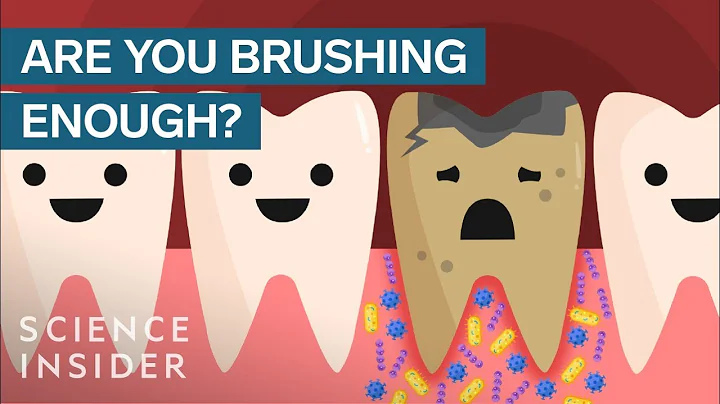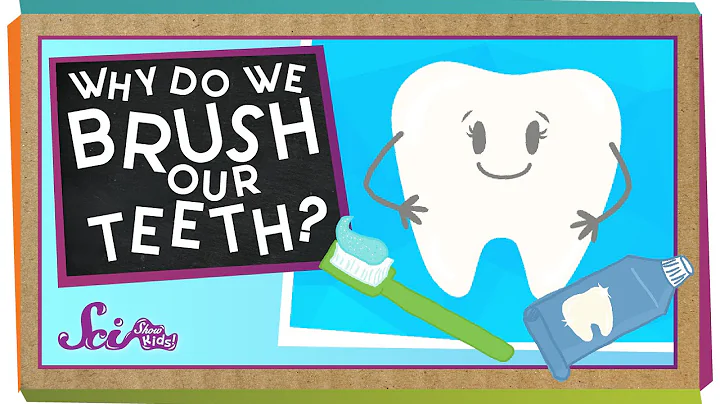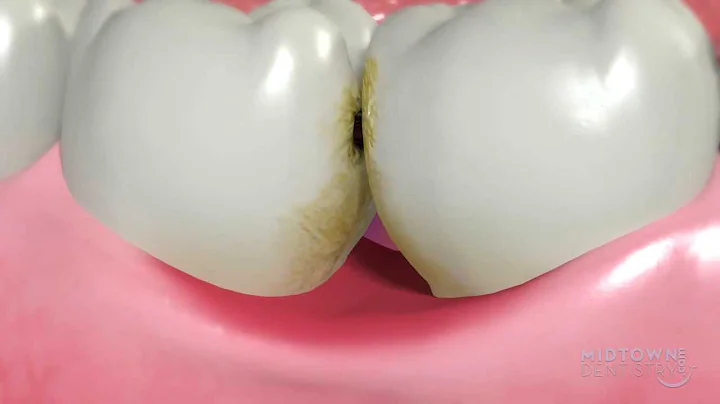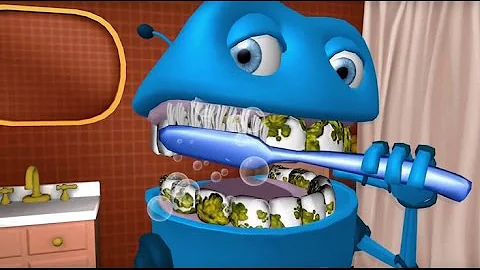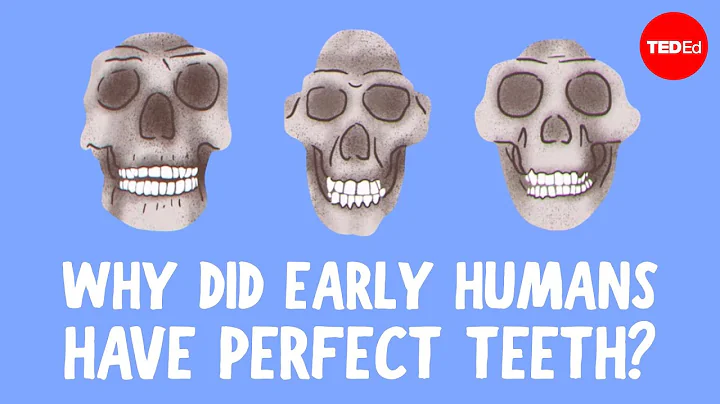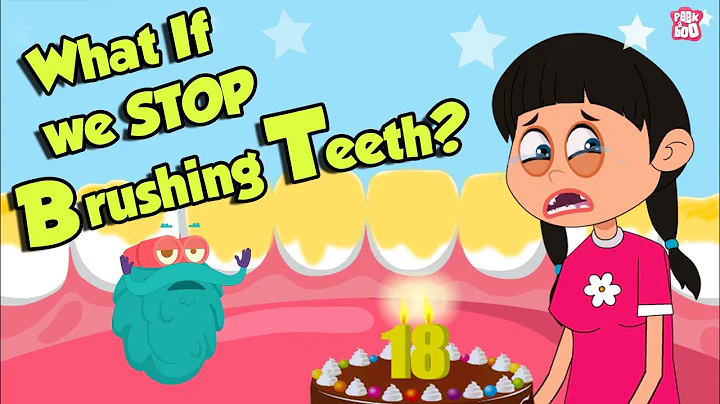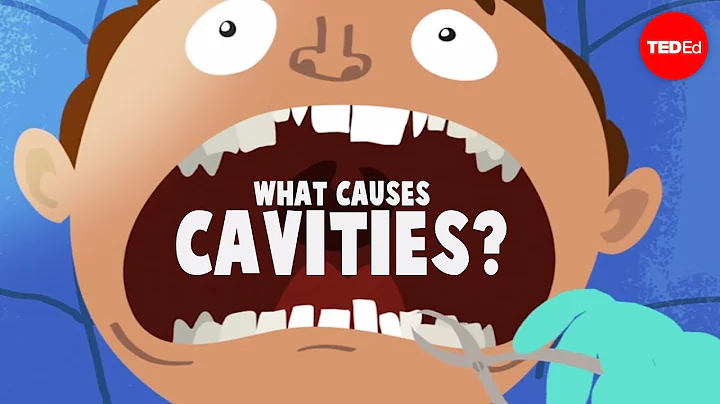Brushing teeth twice in the morning and evening is a daily habit of many of us, because it can effectively protect the health of teeth. But, have you noticed that even if we brush our teeth every day, there is still the possibility of dental disease. However, animals never brush their teeth, and their teeth seem to be healthy. Why on earth?
The reason why animals do not brush their teeth but are healthy
1. Eating habits
First of all, vegetarian animal food contains more fiber, even if it is stuffed with teeth, bacteria are difficult to break down and absorb. Vegetarian animals such as horses, cows, and camels have the habit of ruminating. They chew food that has been digested by the stomach, which reduces the burden on the teeth, so the teeth are healthier.

Carnivorous animals like lions and tigers have sharp canine teeth for tearing meat. The canine teeth are small on top and large on the bottom. There is some distance between each tooth, so it is not easy to leave food and tooth decay is not easy to occur.
2. Teeth characteristics
Some animal teeth are easy to maintain health due to their own magical characteristics. For example, in rodents such as squirrels and mice, incisors can grow throughout their lives and grow very fast. What they need to worry about is not tooth decay, but how to prevent their teeth from growing too large to affect their eating. Therefore, even if these animals are not hungry, they will continue to bite and grind their teeth.

Human permanent teeth will not be replaced after they are grown, and can only be repaired if they are broken; however, some animals will constantly replace teeth to keep their teeth healthy and functional. For example, crocodile, shark, etc., their old teeth will fall regularly and new teeth will grow. In addition to the teeth that the shark is using, there are several sets of teeth hidden in the gums for spare use, which is too powerful!
3. Other animals help to pick their teeth.
has a kind of "toothpick bird", which is specially used for hippo, crocodile and other animals to "teeth". When the hippopotamus fell asleep soundly, the toothpick bird flapped its wings unceremoniously, awakening it from its sweet dream, and the hippopotamus opened its mouth reluctantly and let the toothpick bird fly into the mouth; the toothpick bird pecked it. Eat leftovers in the gaps between its teeth, quickly peck and swallow the fish, mussels, frogs, snails and other meat scraps embedded in the gaps between the hippopotamus teeth into the abdomen, and clean their mouths spotlessly.

Do animals who don’t brush their teeth really have good teeth?
is actually not. There is a theory called "survivor bias". The animals we see have healthy teeth, and the unhealthy teeth are dead. We can't see them.
Compared with animals, the human diet is much more sophisticated. Human food has various flavors, hot, cold, soft and hard, and different in size. Many foods contain a lot of sugar. If you don’t brush your teeth after eating these foods, the sugar or food residues on your teeth will form dental plaque, which will form over time. Caries. Therefore, humans have to brush their teeth better than animals!
It is worth noting that because pets in the home eat the same fine food as humans, they will have some problems with their teeth. It is said that many pet owners regularly brush their pets and go to the pet hospital to maintain their teeth. You see, animals actually brush their teeth, but wild animals don’t.
